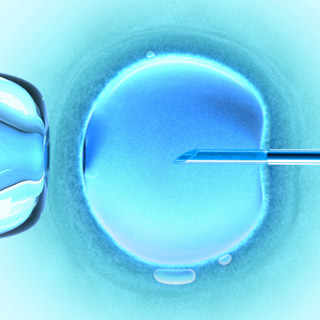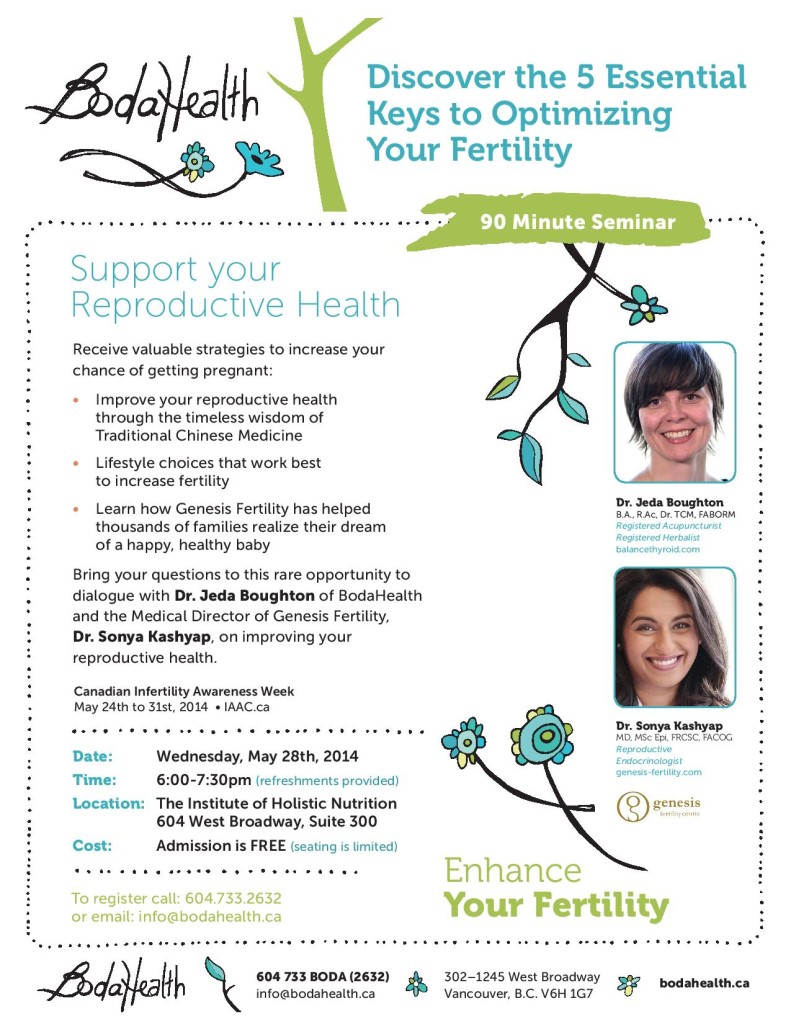By: Dr. Sonya Kashyap

When couples envision starting a family, natural conception is typically the first thing that comes to mind; therefore it can be quite the shock when it is discovered that in vitro fertilization, or IVF, may be their only option. The idea of creating life in a lab can be a difficult concept to grasp for those who are used to the normative form of conceiving and are unfamiliar with the more technical side of fertility. New patients often want to know if their estrogen levels are normal, if their number of eggs is normal, etc. To be sure, there is nothing normal about this process. However, that is not to say we cannot work to make it as natural as possible.
Many of you have heard of “mini-IVF” or �natural-cycle IVF�. Mini-IVF involves gently stimulating the ovaries to produce more than one egg, but not an exorbitant number of eggs. We always aim for five to fifteen eggs as quality, not quantity, is important (I credit this knowledge to my mentor and fellowship director who taught me that more eggs is not better). We also believe in trying to avoid poignant, risky and serious complications such as ovarian hyperstimulation syndrome (OHSS).
Natural-cycle IVF means using the lowest amount of medication to allow us to retrieve the one or two eggs that were destined to ovulate that month. The success rate of this process is generally considerably lower for most people. However, for someone who does not respond to higher dose medication, it is an option.
A natural-cycle frozen embryo transfer is where we get the most for our attempts to work with the body’s natural ovulation. There is now more and more evidence that embryos from fresh IVF do not do as well in a hyperstimulated uterus than they do in a more natural environment. For the right woman with perfectly regular cycles, natural-cycle frozen embryo transfer allows us to replace the embryo at the right time following the body’s natural ovulation with no medications or exogenous hormones necessary.
With a careful understanding of physiology and timing, the success rate is as good as or better than medicated embryo transfer cycles.
I have always been a believer in this thanks to the training I received during my fellowship.
Close to half of our frozen embryo transfer cycles at Genesis are now natural cycle transfers.
————————————————————————————————————
TONIGHT (May 28. 2014): Dr. Sonya Kashyap has partnered with BodaHealth to talk about ways to optimize your fertility. To sign up, please call 604.733.2632 or email info@bodahealth.ca.
